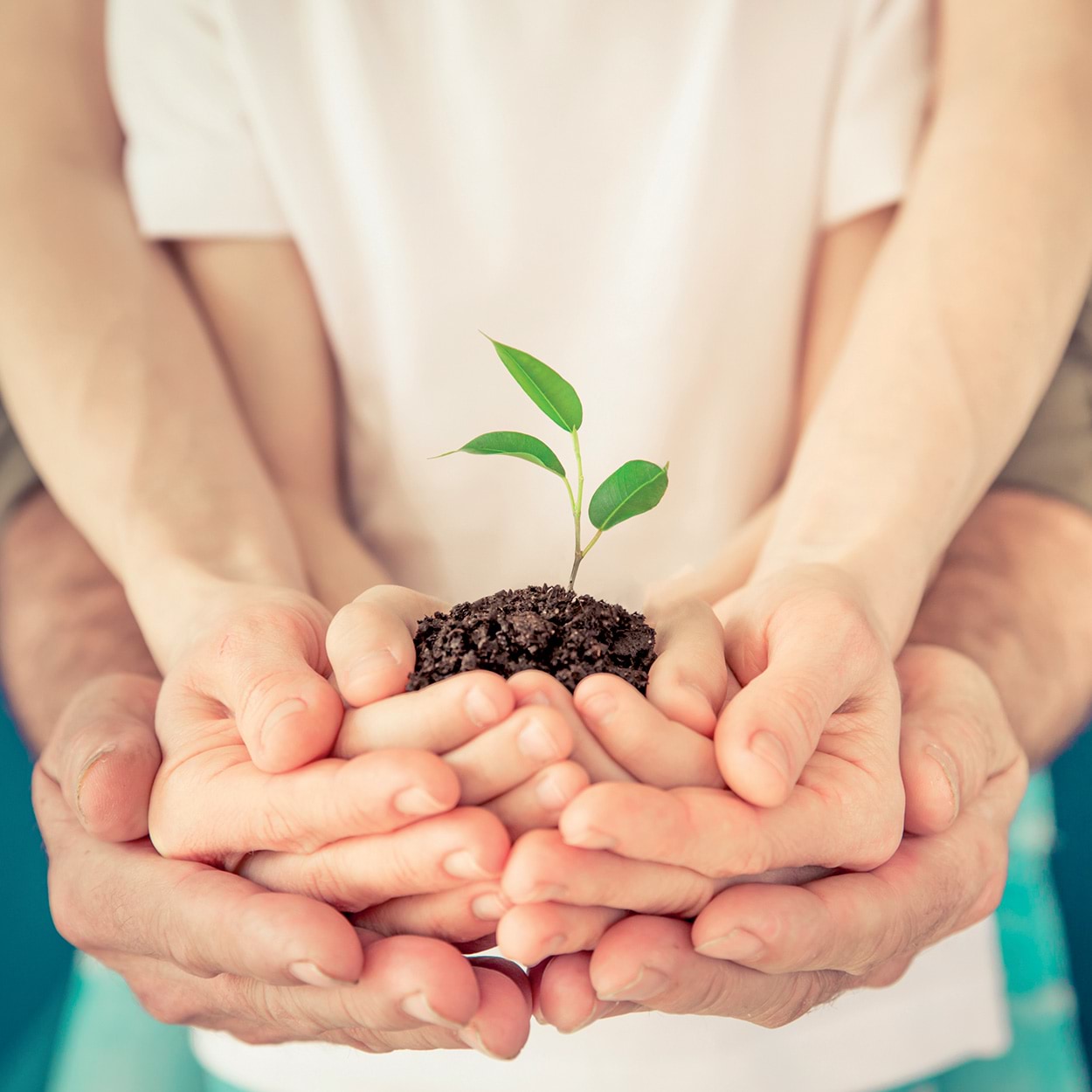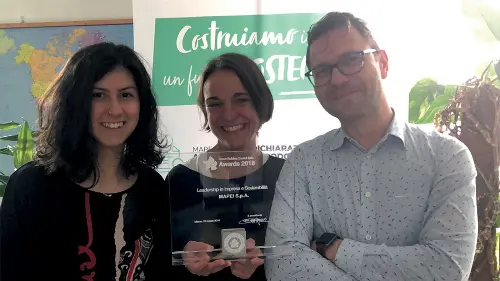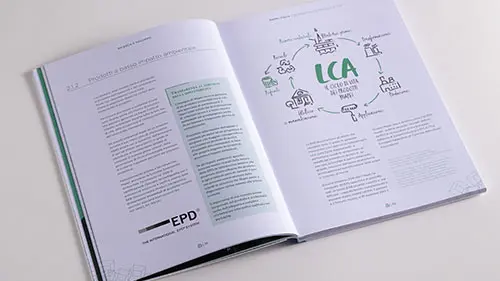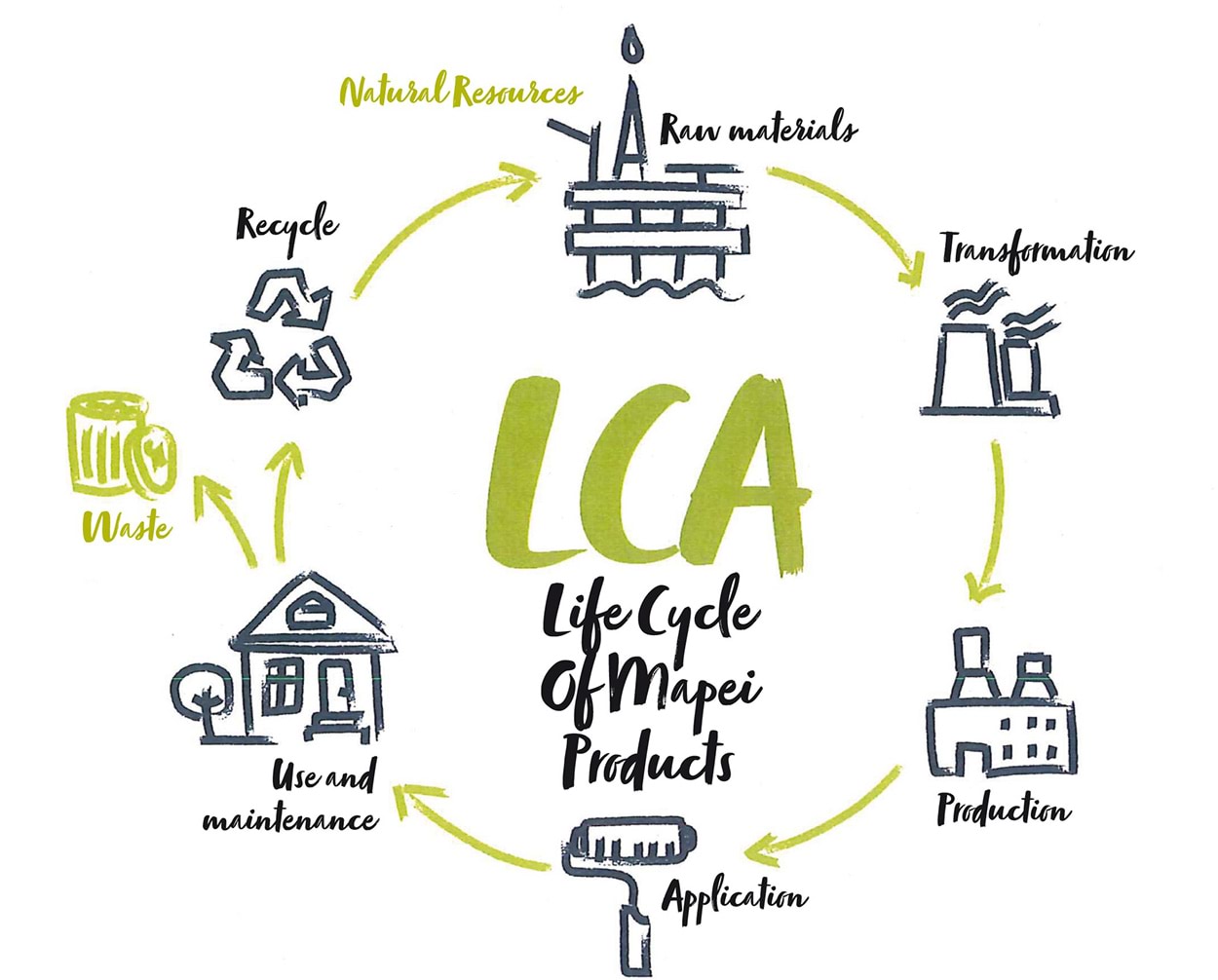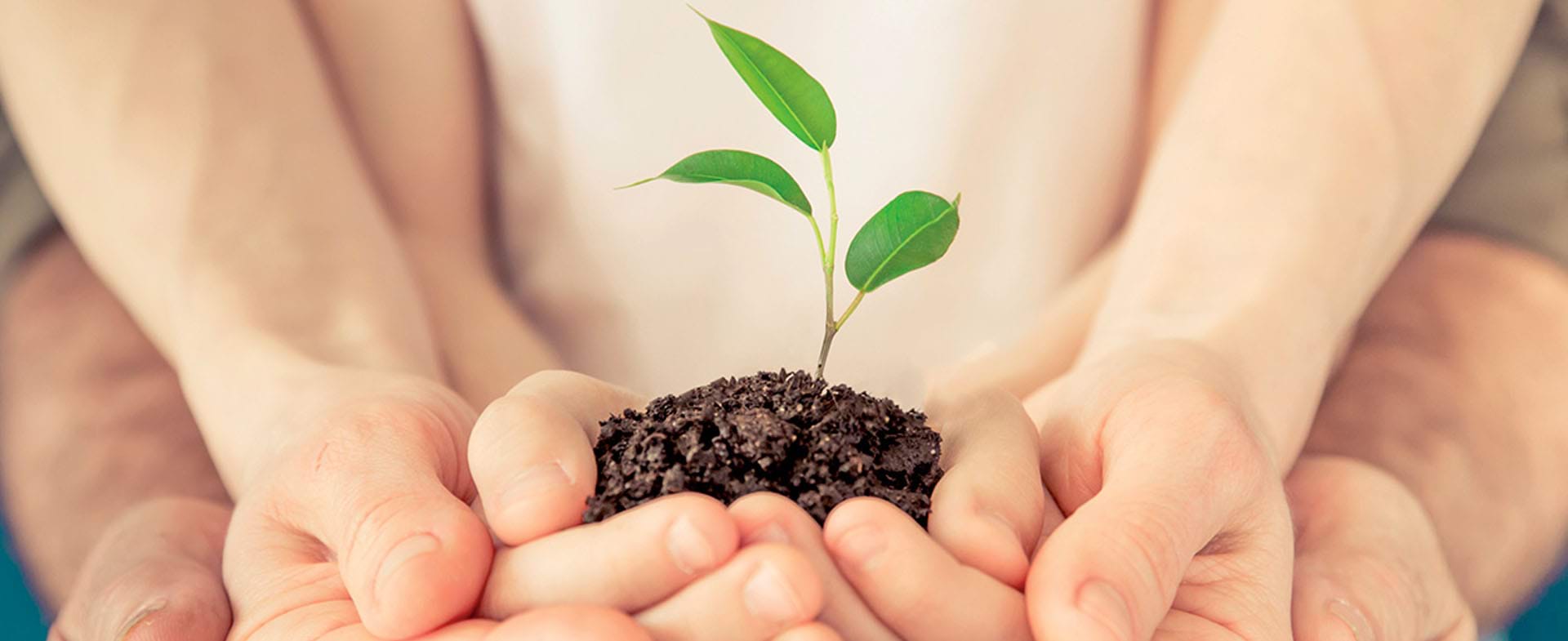
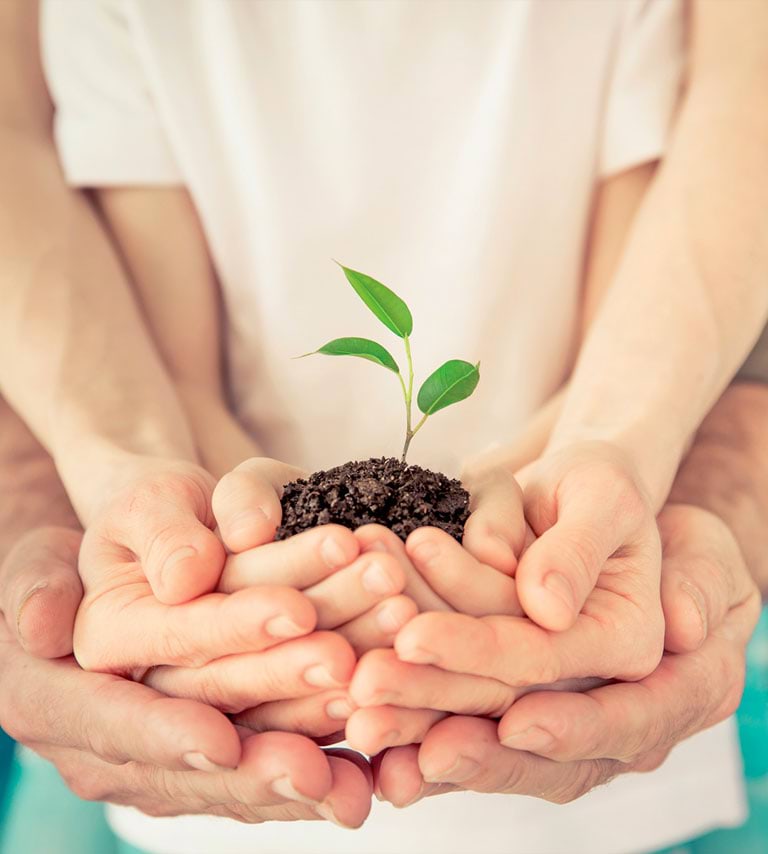
Mapei and Sustainability
Interview with Mikaela Decio, Mapei Environmental Sustainability Manager.
Interview with Mikaela Decio, Mapei Environmental Sustainability Manager.
Alongside the three Mapei Group’s pillars of internationalisation, specialisation and Research & Development, great attention has begun to be focused on ecological issues, the impact of products on the environment and health, and emissions into the air. In a nutshell, the question of environmental sustainability.
“We have been studying volatile organic compounds (VOC) for about 20 years – so Mikaela Decio pointed out. – Our job is to study the distinctive traits of our products in terms of their healthiness, subsequently subjecting them to laboratory testing carried out by third parties so as to be awarded low-emission certifications, such as EMICODE issued by GEV, the German association for controlling emissions of building products that Mapei has been part of since 2005”.
Thanks partly to receiving government financing in 2013 by the Italian Ministry of the Environment aimed at studying the carbon footprint of products, since 2015 Mapei has had the tools and expertise required to measure the environmental impacts of its products throughout their whole life cycle.
This allowed to set up a department within the Mapei organisation (with Marco Mazzetti and Laura Carettoni working with Mikaela Decio), which performs life cycle assessments of its products and releases environmental product declarations (EPDs).
“My colleagues and I – so Decio added – take part in workgroups dealing with the eco-sustainability certification of buildings, LEED and BREEAM in particular. Mapei is a member of the Green Building Council Italia (the Italian branch of the Green Building Council) and, personally speaking, I am a member of the Board.
Mapei’s has been associated with the Green Building Council since 2001, when Mapei became a member of the local American branch, USGBC. Mapei is now a member of local associations of the Green Building Council in all the countries it operates in, supporting the design and execution criteria promoted by the international GBC network: healthy, energy-efficient buildings with limited impact on the environment.
This has positive repercussions on my work and, more generally speaking, on the company, because LEED ratings require compliance to various environmental parameters for the systems and products used in the building process. And we here at Mapei must be part of this process, which is now at the very cutting-edge of modern building”.
So, what does it mean to study the sustainability of chemical products?
“It means going about our various activities – so Ms. Decio went on to say - looking after the health and safety of installers and end consumers, ensuring more comfortable living conditions for people, minimising environmental impact during product manufacturing, packing, usage and disposal and, lastly, ensuring the sustainability of the buildings in which certain products are used, reducing their environmental impact”.
An indispensable driver in achieving the company’s goals in terms of sustainability is Research & Development activities, one of the operations the company is most proud of (70% of Mapei’s research is focused on developing eco-sustainable products). Research which, over the years, has worked along a combination of two different lines aimed at protecting people and making them more comfortable in indoor settings, while maintaining quality and durability standards: the gradual elimination of hazardous substances contained in products (Substances of Very High Concern, SVHC) and reducing the amount of substances emitted by these products during installation and use (VOCs).
Working along these lines, Mapei has gradually emitted the use of solvents in its own products, such as adhesives for resilient materials, replacing them with water-based formulations.
It has also developed products containing no substances of very high concern (SVHC), as defined in the European Union’s REACH (Registration, Evaluation, Authorisation of Chemicals) regulations.
For Mapei safeguarding health and environment means manufacturing products with low emissions of dust during both mixing and use (Mapei Low Dust technology), extremely low emissions of volatile organic compounds, and low emissions of bad odours.
To protect indoor environments and prevent the spreading of radon, Mapei has developed a range of self-adhesive bituminous membranes (MAPETHENE) and a range of bituminous emulsions (PLASTIMUL) to waterproof concrete, brick and block-built foundations, cellars and underground garages.
To protect the environment against radon gas and methane gas, Mapei has recently developed MAPEPROOF FBT, a synthetic membrane, laminated with a non-woven polypropylene fabric that fully bonds to underground structures.
In 2016 Mapei was certified by Certiquality, a third-party body, for its process for the development of the Environmental Product Declarations (EPD).
Starting from 2016 Mapei released 41 specific EPDs, including one for thermal insulation materials.
By measuring the carbon footprint of its own products, Mapei started to join projects to compensate for any CO2 emitted. This is the case with the cementitious adhesive for ceramic tiles KERAFLEX MAXI S1 ZERO: the emission of greenhouse gases associated with its production in Italy is offset through the acquisition of environmental certified credits for a reforestation project.
Mapei also provides solutions to reduce energy consumption in buildings and increase the heat efficiency of indoor settings by means of thermal insulation systems (MAPETHERM) or products that help reduce urban heat islands due to their high solar reflectance (AQUAFLEX ROOF).
Since 2017 a new rating system, which is mandatory for all Green Public Procurements, has been introduced in Italy. Mapei products can also comply with the requirements described in these new criteria, based on the life cycle of the whole building.
In this respect, Mapei products in compliance with the standards set in the protocol contribute to the implementation of public projects.
Lastly, the Group’s manufacturing plants: Mapei’s most important manufacturing plants all over the world are certified for an environmental management system according to ISO 14001.
Designers interested in the sustainability of Mapei products can download LEED declarations about Mapei products by clicking on “LEED V4 Credits Calculator” in the MyMapei area. By entering the project and choosing the product in question you will receive a LEED declaration ofthe product you have selected.
For further information please contact [email protected]
We would like to thank InfoBuild, where this article written by Pietro Mezzi was first posted.
